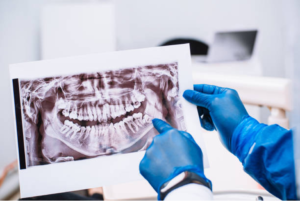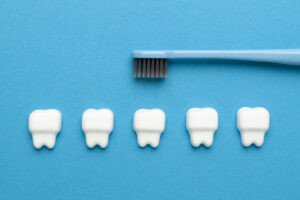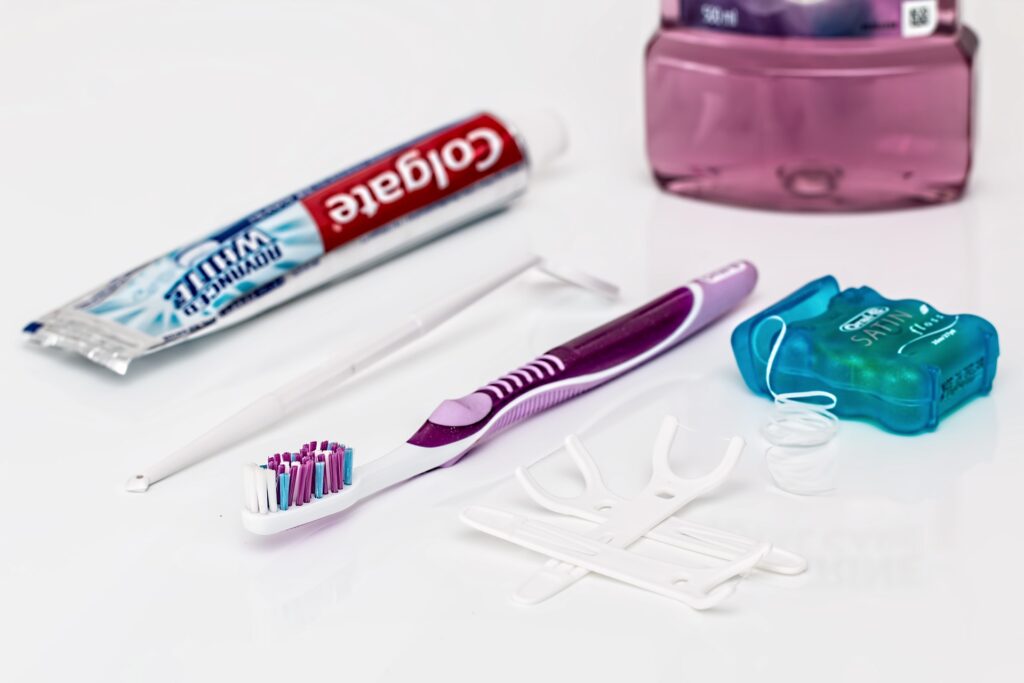Diabetes affects almost 26 million people in the United States. It affects every part of your body, including your mouth. Individuals with diabetes are more likely to experience oral health problems. Oral surgeons are fully aware of the increased risks associated with patients who have diabetes. Here’s what you need to know.
The effects of diabetes on oral health
High blood sugar is linked to diabetes and oral health problems. Having poorly controlled blood sugar can result in poor oral health. Uncontrolled diabetes weakens white blood cells, which are the body’s main defense against bacterial infections in the mouth. A person with diabetes should constantly monitor their blood glucose levels. When diabetes is not controlled, high glucose levels in saliva promote the growth of harmful bacteria. This can lead to infection, gum disease, and tooth decay.
Research has also shown that gum disease can damage your glycemic control, so you are more likely to develop diabetes and are less likely to maintain your health.
Symptoms to watch for
A diabetic may be at a greater risk of developing oral or periodontal problems, which can lead to bone loss requiring oral surgery. See your dentist regularly and watch out for the following symptoms:
- A fungus that infects the mouth, known as oral thrush,
- An unpleasant taste or smell is caused by bad breath.
- Gums that bleed easily because they are tender and swollen
- Dry mouth
- Mouth ulcers or sores
- Experiencing discomfort while chewing
How diabetes may affect your oral surgery
- Blood sugar levels can delay the recovery process after oral surgery.
- It can affect your body’s ability to regenerate bone tissue by affecting the hormones that regulate how calcium and phosphorus, which are needed for bone building, are metabolized in the body.
- In some cases, diabetes may affect the success rate of a dental implant.
Here are some tips on preventative care.
When you have diabetes, there are several ways to take care of your oral health. According to your physician’s recommendations, you can reduce the amount of sugar your teeth are exposed to by managing your blood glucose levels. The American Diabetes Association recommends using toothpaste that contains an anti-gingival or antibacterial agent to protect your gums. Furthermore, you should see your dentist two times a year. Be sure to floss regularly to avoid gum issues, as this can lead to bone loss. If you lose bone tissue, you may require a bone graft, a procedure that requires oral surgery.
We suggest a consultation with our oral surgeon if you have concerns about your oral health and possible bone loss due to diabetes. Please contact our office to schedule a consultation.















